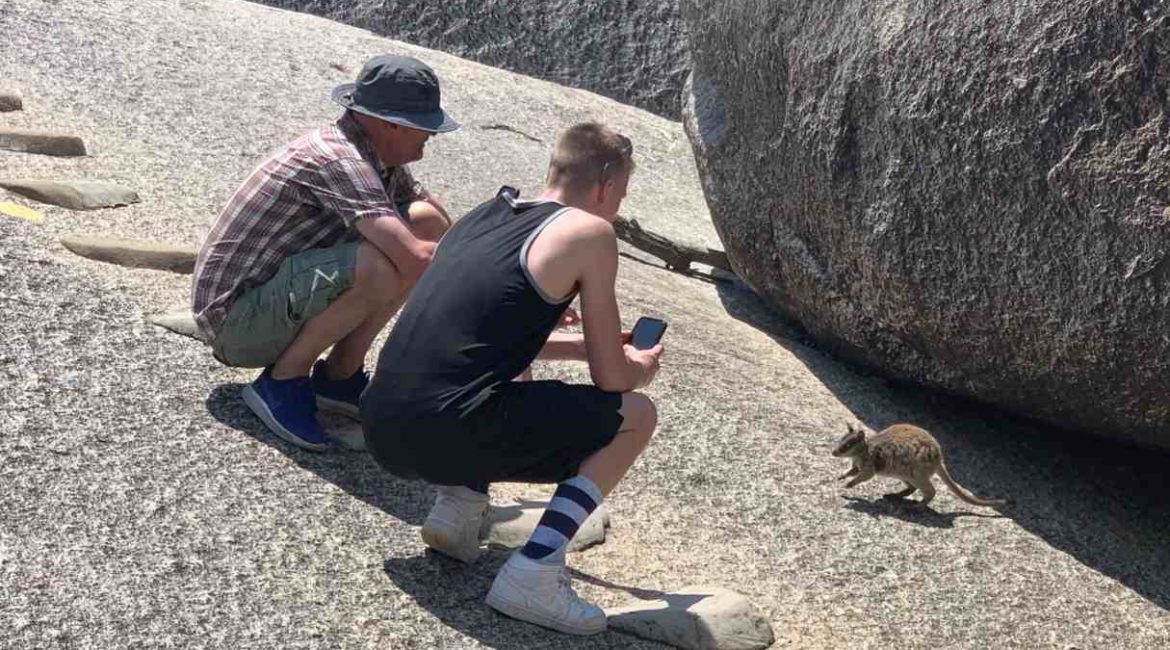By Tanya Schecter
Six weeks ago, I nursed a broken knee as I sat on my couch watching our world slow down and almost come to a grinding halt. Being immobilized myself, I noticed how our collective response to the pandemic was mirrored by my own internal response to having to slow down and stop.
At first, I panicked. I wondered how long it would be before I could return to normal and engage in all the activities I love to do. After a couple of weeks, however, I shifted: no longer tired of running on a treadmill but afraid of hurting myself if I jumped off while still running at high speed, I was forced into stillness. I realized that this was an ideal time to take advantage and reset. In the stillness, I developed an awareness that maybe, just maybe, returning to normal wasn’t the desired state. In fact, maybe our normal was the problem.
As I reflected on how we, individually and as a society, have focused on results and the bottom line at the expense of people and connection, I was brought back to the fact that relationships mattered before, they matter now, and going forward they’ll matter more than ever.
No matter what, relationships matter.
This pause provides all of us with an opportunity to reset and prioritize our relationships: with ourselves, others, and the wider world that we live in. As leaders, we can develop our relationships by taking responsibility for:
- Ourselves – by identifying our values, our purpose, what brings us joy and fulfillment, and establishing our boundaries, we can take steps towards aligning with these to create the world we want to live in.
- Our impact on others – by identifying the impact we’re having on others with whom we’re in relationship, the impact we want to have, and where we are falling short, we can take full responsibility for areas in which we are falling short and work to take steps, alone and with our partner(s), to close the gap. For example, we can open a conversation, take responsibility for finding and implementing solutions, and do so, regardless of what the other person commits to doing.
- Our relationships themselves – by identifying where we might be acting in ways that negatively impact our relationships, even when we cannot see or experience that we’re having a negative impact on one or more individual. For example, as a team leader or manager, is our unwillingness to engage in an uncomfortable conversation or avoiding a specific topic with one or more team member impacting our entire team? Or, is an unresolved issue that we don’t want to confront causing others stress or fracturing their relationships?
- Our relationships’ impact on the outer world – by identifying whether our relationships are living into our values, achieving their purpose, and having a positive impact on the wider world, we can determine where they are falling short, and take actions to correct the gap. For example, are we, teams or organizations, having a positive impact on our wider world? Are we living into our values and achieving our purpose? If not, or not to the degree that we desire, what actions can we take to turn this around?
Our relationship are our most valuable assets.
Our most valuable assets are each other. Whether physically together or at a distance, without strong positive relationships all we have going for us and our success is technology, goods, and intellectual know-how. The quality of our relationships determines both the quality of our lives and our ability to achieve success within the framework of our values and purpose.
Now, as we commit to what is and move forward together, we can impact the world around us by focusing on developing our relationships to create a reality where relationships are at the center and forefront of all that we do. Successful teams and organizations have proven this to be the truth time and again. What’s the next step you will take?
To learn more, download of the first two chapters of our book Lead from Your Heart: The Art of Relationship-based Leadership.
